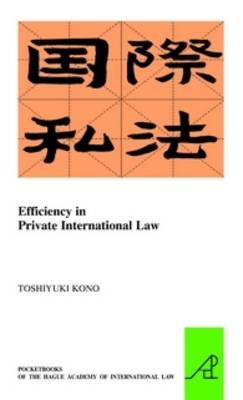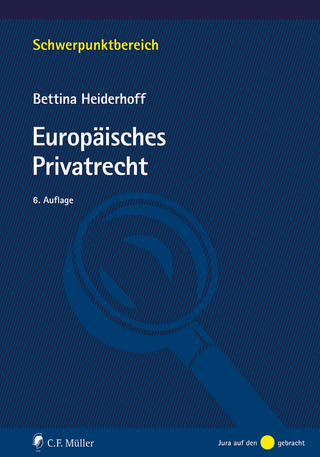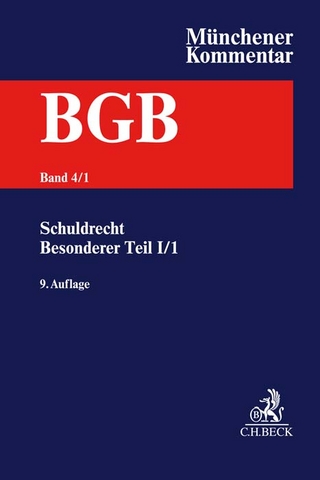
Efficiency in Private International Law
Martinus Nijhoff (Verlag)
978-90-04-28506-4 (ISBN)
Toshiyuki Kono is Distinguished Professor of Kyushu University, Japan. He teaches private international law and heritage law. He is chair of the Committee on Intellectual Property and Private International Law at the International Law Association, and Vice-President and Titular Member of the International Academy of Comparative Law.
Excerpt of table of contents:
chapter i. introduction
chapter ii. conflicts revolution through the lens of efficiency
2.1. traditional approaches
2.2. the choice of law revolution
2.3. the second restatement
2.4. Economic analysis of conflict of laws approaches
chapter iii. uniform law and private international law — is uniform law
more desirable than private international law?
3.1. critical analysis of the conventional arguments
3.2. costs and benefits analysis
3.3. Empirical analysis
3.4. conclusion
chapter iv. uniform private international law
4.1. introduction
4.2. incentive analysis on the unification of private international law — focusing on the maintenance phase
4.3. conditions for harmonization and unification
4.4. analysis
chapter v. unification of intellectual property law
5.1. intellectual property across the borders
5.2. a rocky road towards international harmonization of IP
5.3. territorial rights in the global market
5.4. unification of international IP law: cost and benefit analysis
5.5. unification of private international law of IP
chapter vi. cross-border insolvency and private international law
6.1. three approaches to cross-border insolvency
6.2. incentive analysis
6.3. analysis
6.4. conclusions
chapter vii. concluding remarks
Bibliography
| Erscheint lt. Verlag | 17.12.2014 |
|---|---|
| Reihe/Serie | The Pocket Books of The Hague Academy of International Law / Les livres de poche de l'Académie de droit international de La Haye ; 26 |
| Sprache | englisch |
| Gewicht | 182 g |
| Themenwelt | Recht / Steuern ► EU / Internationales Recht |
| Recht / Steuern ► Privatrecht / Bürgerliches Recht ► Internationales Privatrecht | |
| ISBN-10 | 90-04-28506-7 / 9004285067 |
| ISBN-13 | 978-90-04-28506-4 / 9789004285064 |
| Zustand | Neuware |
| Haben Sie eine Frage zum Produkt? |
aus dem Bereich


